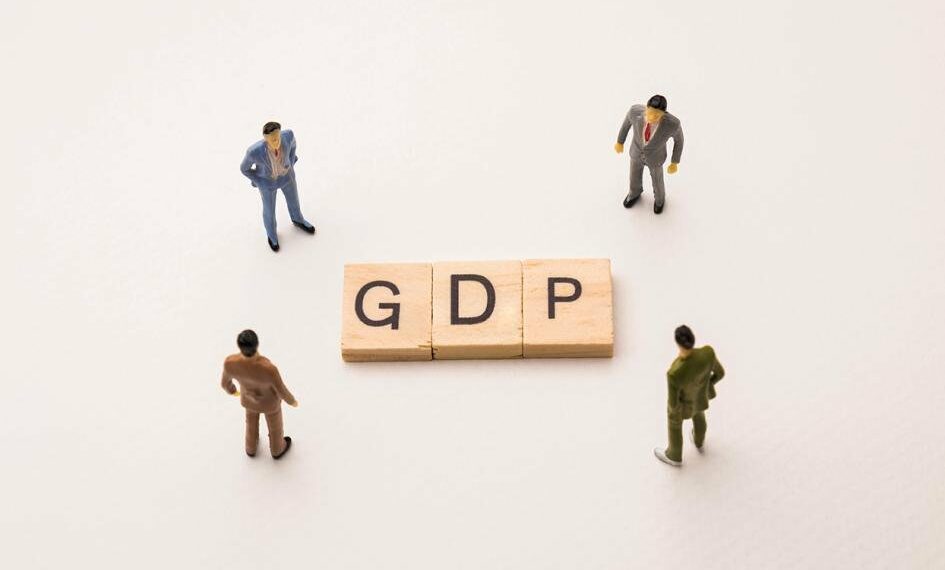Abstract
Thailand’s economy grew in the first quarter of 2023 by 2.7% YoY, surpassing market consensus of 2.3%, with private consumption steadily improving amid a rebound in tourism and services activities after China reopened its borders. Although merchandise exports and public consumption dragged growth, various economic sectors, such as the services and agriculture sectors, continued to improve. The industrial sector, however, declined due to falling production for exports. SCB EIC predicts the Thai economy should return to pre-COVID levels by mid-2023 and continue to recover in the upcoming periods due to the return of international tourists, both from China and ASEAN, and domestic tourism growth. The economic impact from upcoming changes in the government warrants monitoring.
The Thai economy in Q1/2023 continued to expand with growth surpassing market consensus.
During the first quarter of 2023, the Thai economy grew by 2.7% compared to the same period in the prior year. Such a growth was higher than the market consensus (Reuters poll) at 2.3%. In terms of the seasonally adjusted quarter-on-quarter growth, the Thai economy expanded by 1.9% QOQ_sa, improving from -1.1% QOQ_sa in the prior quarter. Thailand’s economy posted growth during the quarter thanks to steadily improving private consumption amid a rebound in tourism and services activities after China reopened its border. On the other hand, merchandise exports and public consumption dragged growth. Regarding the production approach, various economic sectors continued to improve. The services sector saw significant growth as the number of international tourists entering Thailand grew to over 6.5 million during the first quarter. The agriculture sector also improved according to favorable weather conditions and adequate water supply for cultivation. However, the industrial sector continued to contract following declining production for exports.
SCB EIC views that the Thai economy should revert to pre-COVID conditions by mid-2023, and economic activities should continue to improve as tourism is on track to full recovery.
SCB EIC anticipates that the Thai economy should continue to recover in the periods ahead following the return of international tourists, especially from China and ASEAN. In addition, domestic tourism should continue to grow as travel demand remain high. As such, the services sector, as a whole, should improve, particularly those relating to tourism, such as hotels, restaurants, and transportation. Private consumption should also enjoy growth, particularly in Q2/2023, following sizable spending from election campaigns. In the big picture, the Thai economy is approaching pre-COVID conditions and should return to the pre-COVID level by mid-2023. Export prospects should remain worrisome, with anticipated weakening in H1/2023 following gloomy global economic and trade conditions in addition to pressures from the high base. Such conditions could undermine investment and production for exports. Regardless, export conditions should gradually recover in H2/2023 following a recovery in Chinese demand after the country reopens. Additionally, the global economy has already passed the trough cycle.
The economic impact from the playouts of the election and the new government formation warrants monitoring.
Results from the general election on May 14, 2023, may lead to a change in government. Such an outcome calls for observation and will determine Thailand’s economic outlook in the coming years. In the base case, SCB EIC views that the election and a transition of government will have a limited effect on the economy during the first 3 quarters of 2023 because budget disbursements for government agencies were already included in the FY 2023 Budget Act until Q3/2023. As such, government organizations can carry on as usual with the initiatives and policies that have been established. Moreover, budget disbursements were hastened and proposed for consideration prior to the dissolution of the parliament. SCB EIC expects that negative consequences will be more pronounced in Q4/2023 due to the uncertainty regarding the period of approval of the FY 2024 Budget Act, which should limit the scope for additional government economic stimulus. Moreover, new policy priorities from the new government should be enacted from 2024 onwards.



